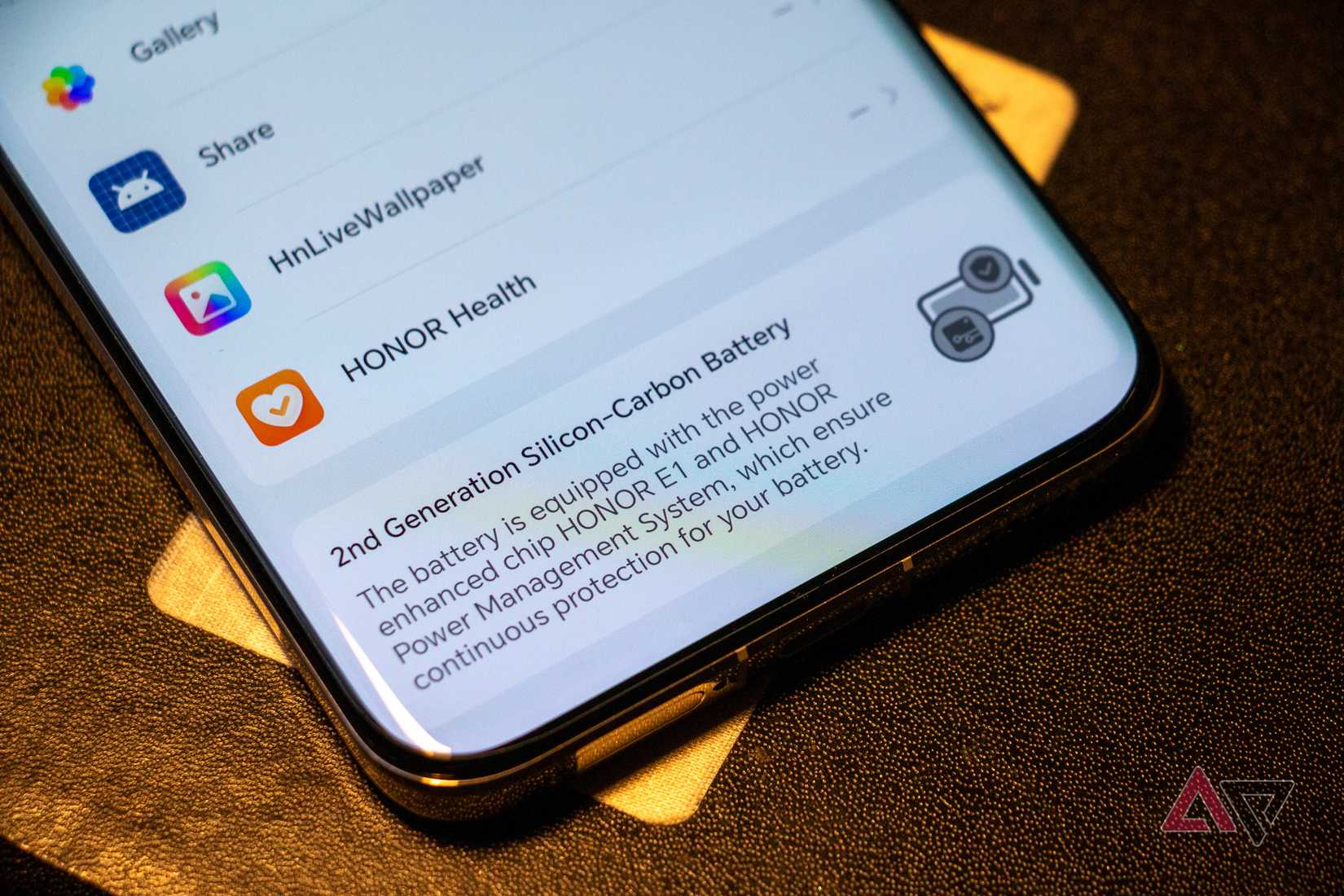A lot of Google’s apps have been going through changes at the moment, thanks to the release of the Material 3 Expressive design scheme. So it’s not surprising that Android Auto is getting a little love too.
Google has been slowly testing Material 3 Expressive on Android Auto for some time now, and the latest beta build has added a new design feature that changes Android Auto’s color scheme depending on your wallpaper.
Continuity is key
There’s no replacement for style
Android Auto is likely not a huge priority for Google where cosmetic updates are concerned, but it’s clearly important to the tech giant that its apps match across the whole ecosystem. That’s why we’re glad to see Google moving on with the Material 3 Expressive update for Android Auto, and this new addition is just the latest new feature. Spotted in beta build 14.9 by 9to5Google, the newest version fixes a previous limitation with colors (via Android Authority). This adds the ability for Android Auto to intelligently adapt its color scheme to match your wallpaper. Mainline Android has had this ability for some time, so it’s good to see continuity across the different versions of Android.
It’s a subtle change, and you likely won’t notice it unless you’re looking for it. It’s these sorts of touches that make a difference when you’re looking at interfaces like this though, and while you’ll only be glancing at Android Auto most of the time, those glances are important. Elements like this adaptation or night mode make a difference, and it’s good Google understands that.
There are also reports that some users have noticed this change on their stable versions, so it’s entirely possible this is on a partial rollout across Android Auto, so keep an eye out the next time you hook your phone up to your car.
This is only the first in a number of planned updates for Android Auto, too. Not only is Google looking to replace the Google Assistant with Gemini, but it also has a new light mode coming, as well as the potential to control your car’s air conditioning through Android Auto.



